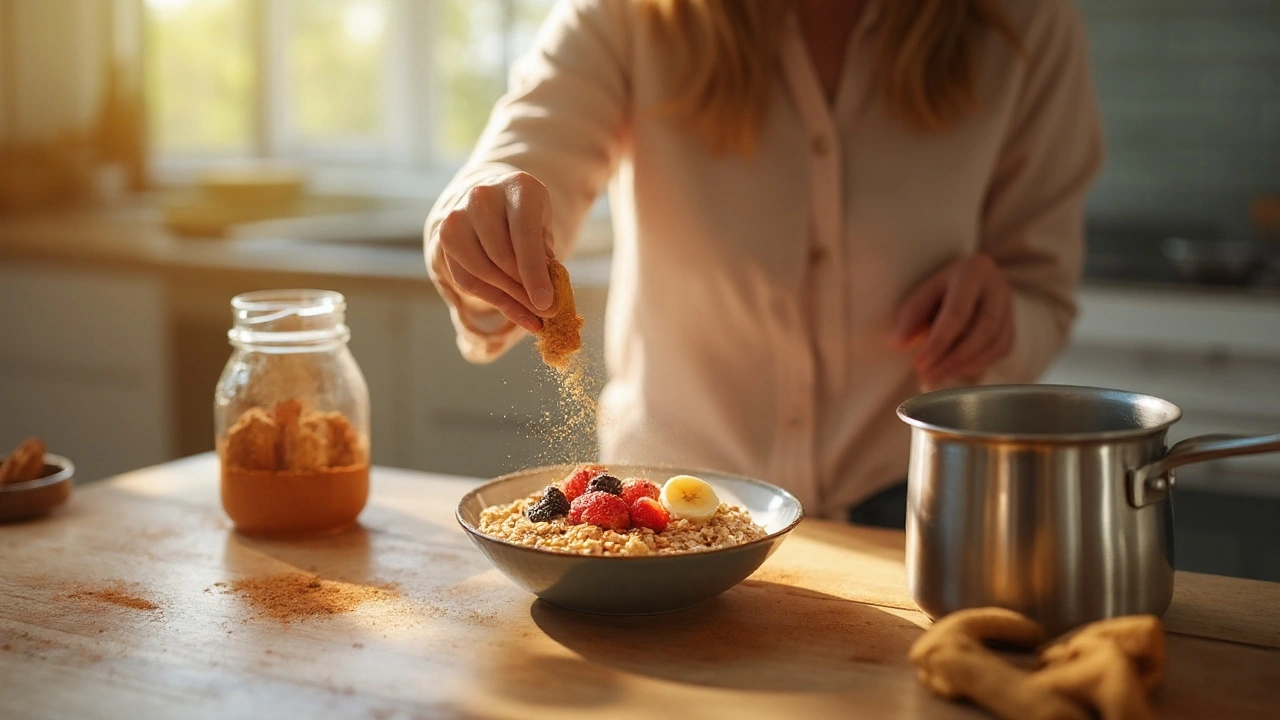Blood Sugar Basics: Understanding and Managing Your Levels
Ever wonder why you feel shaky after a sugary snack or why your doctor keeps talking about glucose? It’s all about blood sugar – the fuel your body uses every minute. Knowing how it works helps you avoid crashes, keep energy steady, and lower long‑term health risks.
What Blood Sugar Is and Why It Matters
Blood sugar, or blood glucose, is the amount of sugar floating in your bloodstream. After you eat, carbs turn into glucose, which your cells use for energy. Too high or too low levels can damage nerves, eyes, and the heart over time. That’s why keeping it in a normal range matters for everyday comfort and future health.
Quick Ways to Keep Blood Sugar Stable
1. Eat balanced meals. Pair carbs with protein or healthy fats – think apple slices with peanut butter or whole‑grain toast with avocado. This slows sugar absorption and prevents spikes.
2. Don’t skip breakfast. A light, protein‑rich start (like Greek yogurt and berries) gives your body steady fuel and reduces the urge to overeat later.
3. Move a little. A 15‑minute walk after meals boosts insulin sensitivity, meaning your body uses glucose more efficiently.
4. Stay hydrated. Water helps kidneys flush excess sugar. Swap sugary drinks for plain water or herbal tea.
5. Watch portion sizes. Even healthy carbs can raise blood sugar if you eat too much. Use your hand as a guide – a fist of rice or pasta is about one serving.
6. Sleep enough. Poor sleep messes with hormones that control hunger and glucose. Aim for 7‑9 hours of quality rest.
7. Check stress levels. Stress releases hormones that push blood sugar up. Short breathing exercises or a quick stretch can calm the response.
If you have a diabetes diagnosis, these habits become part of your treatment plan. Regularly checking your glucose with a meter or continuous monitor tells you how food, activity, and stress affect you personally.
When you notice warning signs – like frequent thirst, blurry vision, or numbness in the feet – it’s time to talk to a health professional. Early action can stop small problems from turning into big ones.
Remember, you don’t need to overhaul your life overnight. Start with one change, like swapping soda for water, and build from there. Small, consistent steps add up to a more stable blood sugar level and a feeling of control over your health.
Cinnamon Bark: Boost Your Diet & Wellness Naturally
Discover how cinnamon bark can supercharge your diet, balance blood sugar, fight inflammation, and support gut and heart health-all backed by science.
© 2026. All rights reserved.
